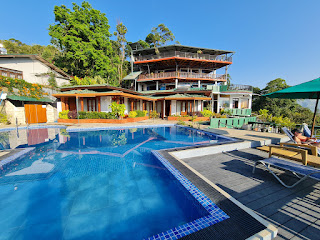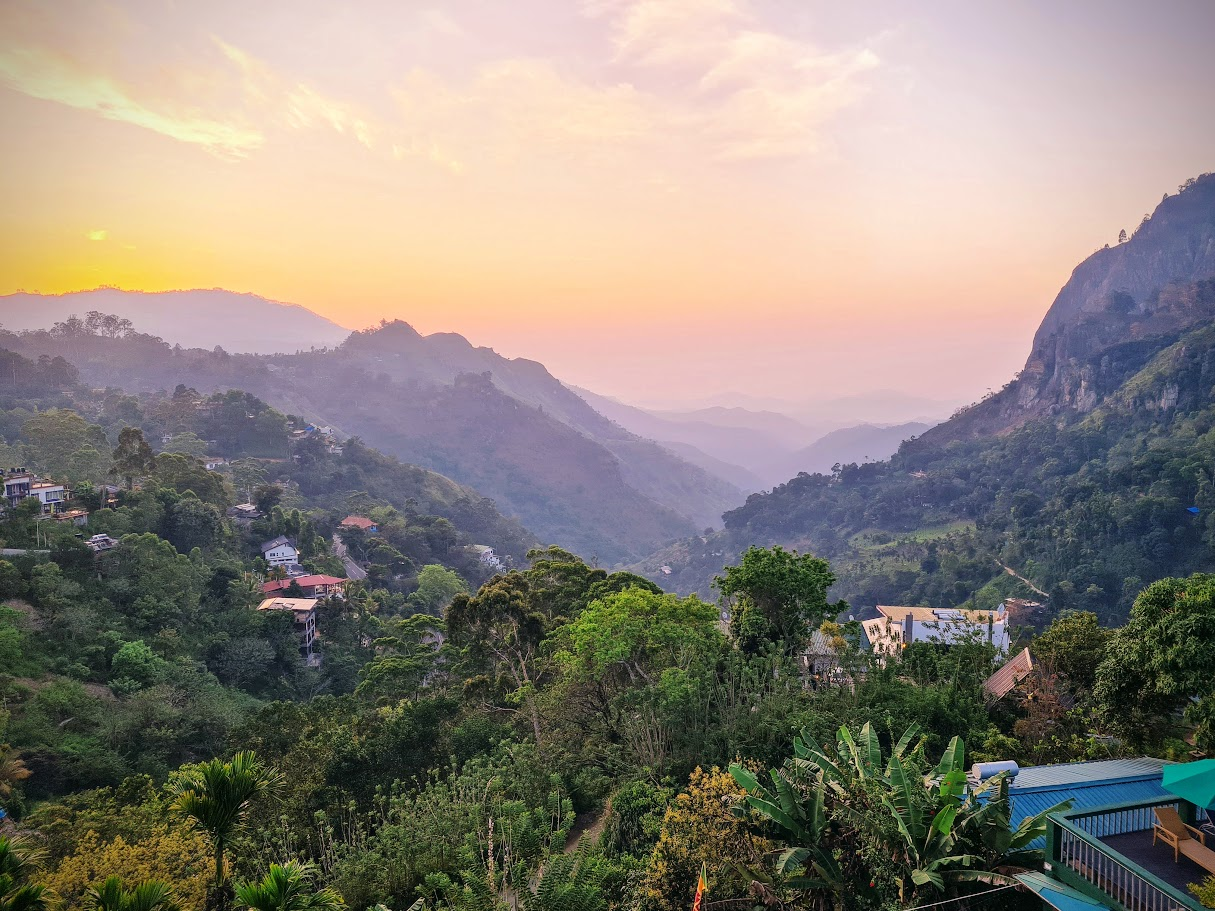Galle, the provincial capital of the Galle District, is primarily inhabited by Sinhalese and is located at the southwestern tip of Sri Lanka. In contrast, Jaffna, where I was born and raised as a Tamil, serves as the provincial capital of the Jaffna District and is situated at the northern tip of the island. In 1971, both cities had similar populations of around 700,000. Now, the population of Jaffna is about 500,000, but Galle has about 1.25 million inhabitants.
During my upbringing, there were several anti-Tamil pogroms in 1956, 1958, 1971, 1981, and 1983, which ultimately contributed to a 26-year-long civil war. We, the Northerners, blamed the Southerners for the violence, leading me to mistakenly believe that Galle was a central hub of anti-Tamil sentiment. I never visited Galle, partly due to a mild fear of potential harm and partly because I didn't take the time to learn more about the region.
My interest in Galle rose when I watched a Sinhala film on Australia's SBS TV network. The movie was set in and around Galle Fort, named Pawuru Walalu (Walls Within). The story is about a Catholic woman living in the Galle Fort who reconnects with a past lover after decades. The Fort and the old town architecture are integral to the film's emotional landscape and atmosphere.
In Aug 2025, my journey to Galle started at Mount Lavinia train station. A second-class ticket from Mount Lavinia was about 4 Australian dollars. I could see a few tourists at the station. But most of the passengers were school children. Some in national costumes, others in western dresses, all in white. Escorting some of them were their mothers. Children were having a great time, running up and down the stairs, chasing one another. I built up the courage to ask a mother for her permission to take a photo of her daughter in a national costume. She refused at first but, within a minute, agreed, partly due to persuasion from one of her friends. The girl in a national costume was delighted to pose, and so were the two others. After the photo, I took a small bag of lollies and gave it to them. They were happy. Such an event would not take place in Australia; I would not have the courage to ask permission to take the photo or to give a bag of lollies to strange kids. In Australia, I would have been seen as a pervert, and I was not in rural Sri Lanka.
The train journey from Colombo to Galle is considered the second-most scenic route in Sri Lanka. The first one is from Kandy to Bandara Wela, passing through Ella. The route I was on travels along the southwestern coast of Sri Lanka, traversing coconut-fringed beaches. Every five kilometers, the train would stop at a station, and the schoolchildren would alight from the train. The tourists did so at popular beach towns.
The final stop was Galle, and as I got down, auto rickshaw drivers offered a lift. The Guesthouse I booked for my stay informed me that the maximum fare from the station to the Guesthouse was 300 LKR. The Rickshaw driver asked for 500 LKR. I told him the information I got from the Guesthouse, and we settled for 400 LKR, which is 2 AUD.
Galle now has a population of about 1.25 million, with exceptionally clean and orderly traffic. The autorickshaw drivers do not try to take advantage of tourists, which is a good sign. One of them asked me where I was from, and I said Jaffna. He was surprised that I could speak to him in Sinhalese and then lamented that he had not had the opportunity to learn Tamil. He was sincere.
There's a fort in Jaffna, too, very similar to the one in Galle. But the Jaffna fort was/is a symbol of Police power. Senior Police officers lived in it, and there was a prison too. The Jaffna Police Station was just outside the Jaffna Fort. We, as teenagers, would not go in or even near it. We were not sure what might happen if we did. The Galle fort was just the opposite of the Jaffna fort. People of different ethnic communities lived in it.
The Galle Fort and its surroundings are heritage listed, attracting hordes of tourists. The name of the Guesthouse I stayed at was Mrs. Wijenayake's Beach Front Guesthouse. The guest rooms were on the first floor. The owners lived on the ground floor. I was told that Mrs. Wijenayake has passed away, and her descendants live at the house. One of them must be a lawyer. The nameboard said so.
There were about a dozen rooms on the left side of the walkway, which was also a veranda with Sri Lankan-style easy chairs. A very unusual house architecture in Sri Lanka. The first floor must have been built for tourists. In fact, the photo of the veranda with easy chairs was one of the reasons I booked my stay at this guest house. The guest house had a male manager, but all other staff were female. For some reason, I thought they were single women. The OIC, a young person, had her hair covered, so I assume that she's a Muslim. Then there was a Tamil woman from the hill country, separated from her husband, and two more, who must be Sinhalese. The Muslim women spoke excellent English. I could communicate easily with all of them in English, Tamil, and limited Sinhalese.
The reception desk was in the shared area, which also served as a kitchen. Next to it was a more expansive veranda, which served as the dining hall. The Guesthouse offered a Western breakfast, and Westerners had theirs there. I chose to go to street cafes for breakfast, brought takeaways for dinner, and enjoyed them with a drink. The sea breeze cooled me and the surroundings. Very enjoyable. The guest house attracted wildlife to its rooftops. Monkeys and peacocks visited me regularly.
The Fort is home to a variety of hotels, guesthouses, restaurants, spas and souvenir shops. Not to mention places of worship, schools, a police station, an Arabic center established in 1867, a premier kindergarten, and a courtroom. All along the wall of the Fort, walkways had been established. At my walking speed (it's about 4.5 km/h), it would take about 90 minutes to go around the Fort. In addition to many walkers, people were meditating or practicing yoga. There were fish and vegetable stalls just outside the Fort.












































